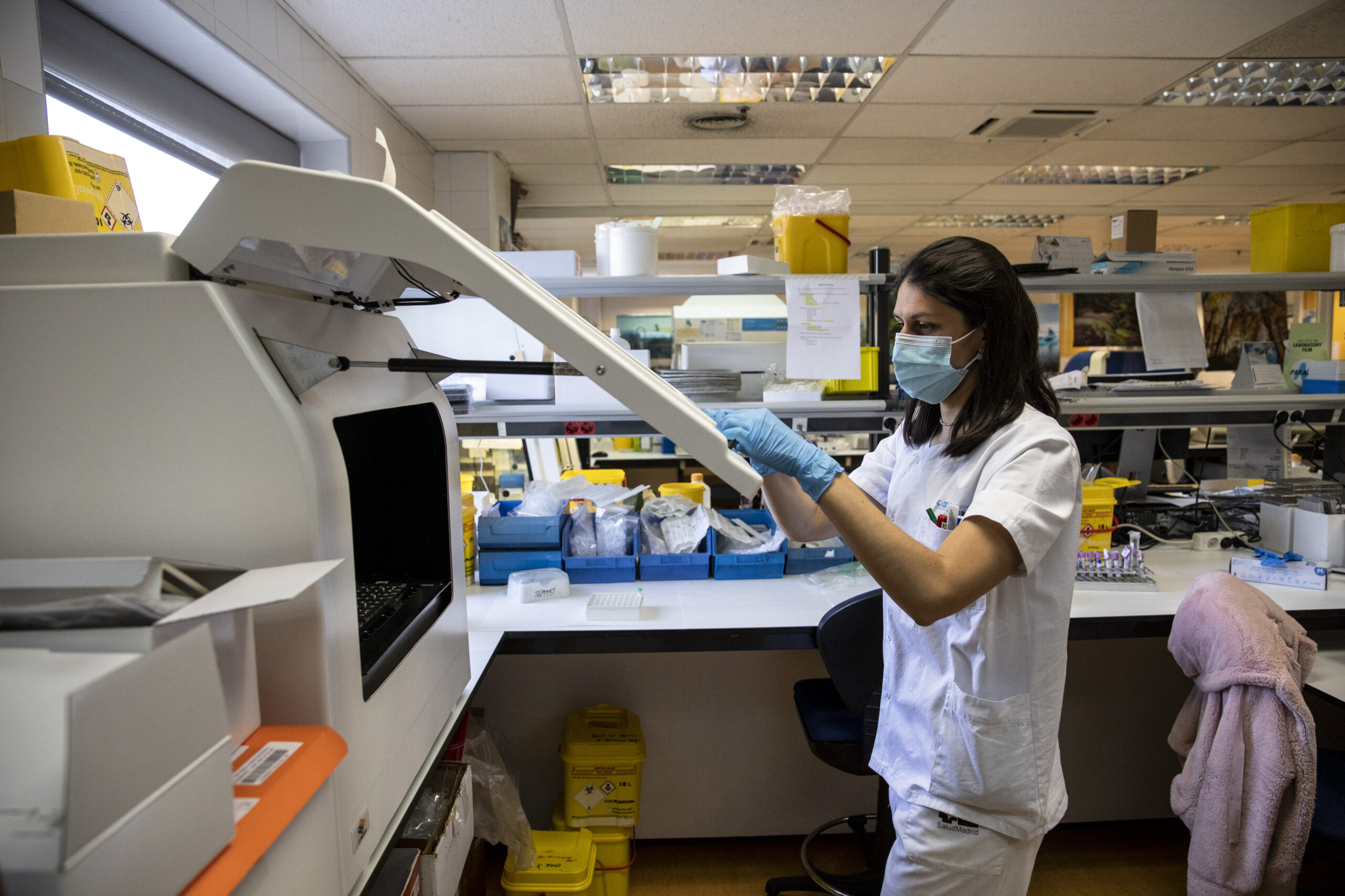Governments are unlikely to implement disruptive barriers to international travel in response to the monkeypox virus despite rising cases. Unlike the initial outbreak of coronavirus, it poses only limited health risks for the general population.
This assessment was issued to clients of Dragonfly’s Security Intelligence & Analysis Service (SIAS) on 14 June 2022.
It is still highly likely the virus will continue to spread in the coming weeks, including to areas where cases are yet to be detected. And we assess that there is a reasonable possibility the virus will, in the WHO’s words, become ‘established’ in countries where it is not currently endemic.
Nonetheless, we do not anticipate the virus putting a significant strain on healthcare systems. Due to the close contact required to transmit the virus and precedent from previous outbreaks, experts have said monkeypox is ‘containable’ in non-endemic countries. And preliminary data from Europe and the US suggest cases detected in this outbreak in non-endemic countries have been from the West African clade which has a low death rate (less than 3%). Few hospitalisations have been reported in non-endemic countries so far.
Travel restrictions improbable
It is unlikely governments will introduce disruptive monkeypox-related restrictions on international travel, especially if the virus continues to cause only mild symptoms. The WHO does not recommend member states implement restrictions on travel in response to the virus. And despite the trajectory of the outbreak in recent weeks, the European Centre for Disease Prevention and Control (ECDC) has maintained its previous risk assessment for the broader population from 23 May as ‘low’.
No governments have implemented virus-related restrictions despite a rise in cases. We assess that the most likely disruptive scenario for international travel would be if the virus mutates and becomes more transmissible or results in more serious illness. This would increase the likelihood of governments introducing measures that disrupt international movement to prevent strains on domestic healthcare systems. But so far we have seen no indication that this is likely to occur any time soon.

We still assess that the virus will continue to spread in the coming weeks. Since the first case was reported to the WHO on 13 May, more than 1,600 cases have been confirmed in at least 34 non-endemic countries, mainly in Europe and North America. It is highly likely cases will be identified in countries and regions that are yet to confirm them, including in the Asia Pacific and South Asia, in the coming months. The first cases will probably be detected in global transport hubs with flight connections to Europe and North America, including Bangkok, Hong Kong and Singapore.
In this event, the health risks, especially for vulnerable groups and in countries with less robust healthcare infrastructure, would increase. This is particularly if the severe Congo Basin clade (with a death rate of up to 10%, according to the WHO) spreads or the virus mutates to become more severe. Since 1 January, 66 deaths have been recorded in endemic countries, of which several have reported cases of the more severe strain.
Image: A medical laboratory technician closes an automated nucleic acid extractor with suspected monkeypox samples inside at the microbiology laboratory of La Paz Hospital in Madrid, Spain, on 6 June 2022. Photo by Pablo Blazquez Dominguez via Getty Images.







